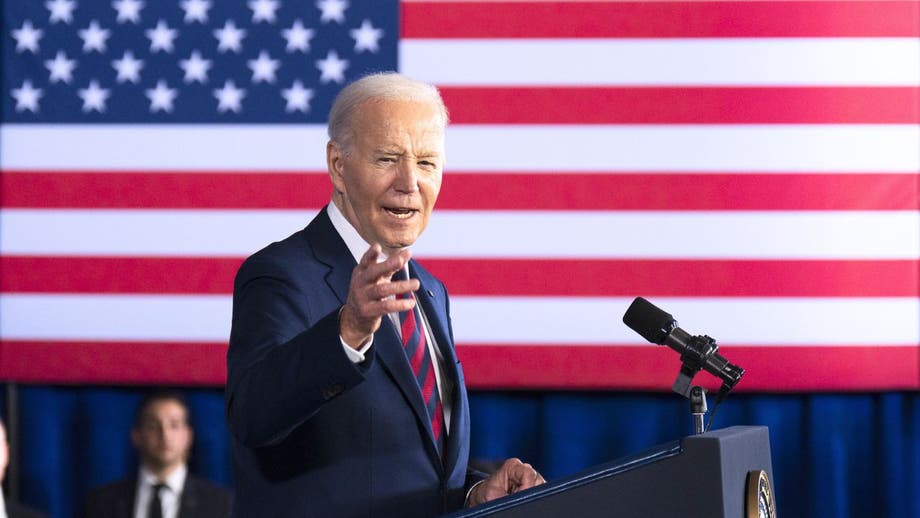Russian courts sentence an American citizen to 13 years in prison and two artists to six years each for drug trafficking and terrorism charges, respectively. The harsh punishments reflect an intensified crackdown on dissent in the country.
Robert Woodland, a Russian-born U.S. citizen, faces nearly 13 years behind bars in a Russian prison after being convicted of drug trafficking-related charges. The sentence adds to concerns about the arbitrary and harsh treatment of foreigners in Russia's justice system.
Independent theater director Zhenya Berkovich and playwright Svetlana Petriychuk have been sentenced to six years in prison each for terrorism charges. Their play, "Finist, the Brave Falcon," allegedly justifies terrorism, according to the prosecution. Both artists have vehemently denied the accusations, stating that the play explicitly condemns terrorism.

Crackdown in Russia: Indefinite Prison Time for American and Dissenters
Russia's crackdown on dissent has reached unprecedented levels since its invasion of Ukraine. The Kremlin has criminalized any criticism of the war, resulting in severe prison terms for prominent opposition figures and various forms of harassment and prosecution for those who dare to speak out.
Critical artists have not been spared the Kremlin's wrath. Actors, directors, and musicians have been fired, blacklisted, labeled as "foreign agents," and even imprisoned. Berkovich herself was jailed for anti-war protests after the start of the Ukraine invasion.

Crackdown in Russia: Indefinite Prison Time for American and Dissenters
Despite the risks, Russians continue to protest the repressive policies. The case of Berkovich and Petriychuk sparked an outcry, with an open letter in their support gathering over 16,000 signatures. The international community has also expressed concern about the erosion of human rights in Russia.
Independent journalists have also faced increasing persecution in Russia. Novaya Gazeta, known for its critical reporting on corruption and human rights abuses, was forced to shut down its operations due to government pressure. Its editor-in-chief, Dmitry Muratov, was awarded the Nobel Peace Prize in 2021 for his unwavering commitment to freedom of speech.
Several actors have been fired from state-run theaters for their anti-war stance. The Bolshoi Ballet dismissed prima ballerina Olga Smirnova, one of Russia's most celebrated dancers, after she publicly condemned the invasion. Musicians have also been blacklisted for speaking out against the war or simply refusing to perform in support of the government.
The repression has forced many artists, journalists, and intellectuals to flee Russia. They fear persecution, censorship, and the erosion of fundamental freedoms. This exodus is a significant loss for Russian culture and society.
The imprisonment of Robert Woodland, Zhenya Berkovich, and Svetlana Petriychuk reflects the intensified crackdown on dissent in Russia. The broad definition of terrorism and the harsh punishments for perceived opposition are alarming signs of a regime that is intolerant of any form of dissent or criticism. Until the Kremlin abandons its repressive policies and respects basic human rights, the future of freedom and creativity in Russia remains uncertain.










